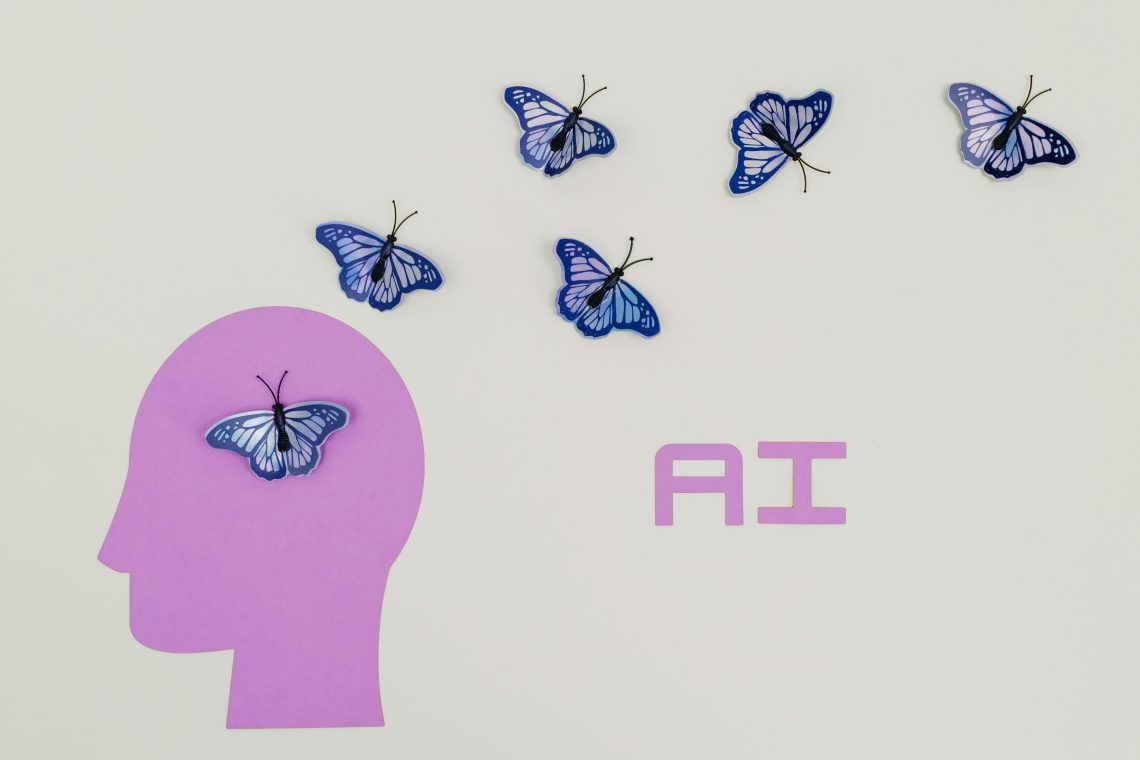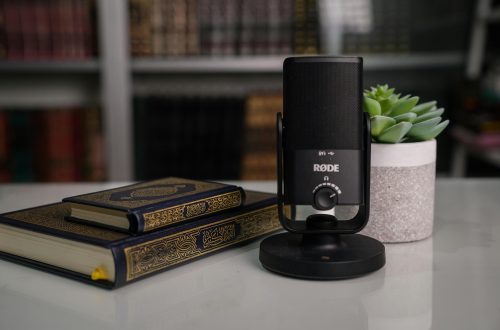
Life and AI and Libraries: A Reflection
There’s no escaping artificial intelligence (AI).
I don’t mean this in a scary, AI-holding-us-hostage sort of way, but more in an AI-is-proliferating-and-increasingly-common way. This is simply a fact of 2024 life. Another is that AI is affecting education. As such, it behooves us as librarians to understand these tools and use them to academic advantage (okay, so maybe this one’s an opinion).
I think many people fear the deleterious effect AI may be having on young minds, and I don’t find that fear entirely unfounded. Unsurprisingly, we already have AI influencing toddler development via smart speakers like Alexa. This can be good and bad. As child psychologist Rachel Severson points out, “back and forth conversations with [toddlers] is the best way they can learn,” and Alexa’s not exactly a strong conversationalist (Kelly, 2018).
AI also reaches children in other media, like in “kids’ animations” whose educational and creative value is hard to believe in. In school-aged children (and beyond), AI and plagiarism is a hot topic. I just visited with a family friend whose classmate “wrote” her college applications using generative AI.
All of this might sound pretty negative. I’m not exactly beating the “AI will be our doom” allegations so far, but bear with me!
“But magic is neither good nor evil. It is a tool, like a knife. Is a knife evil? Only if the wielder is evil.” – Rick Riordan, The House of Hades
I like to think of AI as a tool that can be used for good or ill depending on the hand that holds it (the hand that types to it?). With the proliferation of AI comes a tide of clever tips and tricks for using such tools beneficially, and I think librarians are ideally positioned to share such knowledge for enhanced learning. For example, AI can be leveraged to brainstorm research projects, free up reference staff for complex queries, and expedite the creation of learning materials (including Open Education Resources like textbooks, removing financial barriers to access; Cox & Tzoc, 2023). Like Papini (2023) describes, ChatGPT intersects with ACRL’s Information Literacy Framework in multiple ways; it can stand as an educational tool, with proper understanding.
In short, AI can hinder or enhance education, and I believe librarians can help tip the scales in a positive way.
@valancy
References
Cox, C., & Tzoc, E. (2023). ChatGPT: Implications for academic libraries. College & Research Libraries News, 84(3), 99. https://doi.org/10.5860/crln.84.3.99
Kelly, S.M. (2018, October 16). Growing up with Alexa: A child’s relationship with Amazon’s voice assistant. CNN Business. https://www.cnn.com/2018/10/16/tech/alexa-child-development/index.html
Papini, A. (2023, January 27). ChatGPT: A library perspective. Bryant University: Krupp Library. https://library.bryant.edu/chatgpt-library-perspective




